The Fading Colors of Dhobi Ghat
Words and Images by Sidra Altaf
The dhobi ghaat near Bansawala Bazaar is one of the oldest dhobi ghats located in the city of Lahore,Pakistan. Aziz Hussain, an 84-year-old Muslim, had been engaged in the occupation of washing clothes even before the partition of the Indian subcontinent. His family migrated to Pakistan and continued making a living out of their ancestral occupation, but faced a number of challenges along the way as an immigrant in Lahore. Ever since their migration, they had been living at the dhobi ghat. Aziz Hussain told us that he does not have hope for the future of himself and his family, since the government does not support them at all and both their place of living and where they wash clothes have sewage problems, causing insanitary living and working conditions. Working as a washerman at the dhobi ghaat does not generate a consistent source of income, therefore, their children have started working elsewhere and have chosen teaching as their profession. Allah Wali, his 82 years old sister, has memories of Hindu-Muslim families living together in India before the partition.
Remembering those days with a heavy heart, she told us that just like memories, the place they have called home ever since they migrated to Pakistan has also started to fade away. This is the place where they had to start again from scratch and had faced various ups and downs of life. During their time in Pakistan, they have seen the country change for the better but the place where they live right now has now fallen to pieces. The place where they live, the place where they wash clothes, has gradually been changing to a pile of dirt and rubble. Everyone focuses on the development of new areas within the city, but no one pays any heed to the old parts of the city. Aziz Hussain said that he has now lived his life. He had retired from the occupation about three years ago, but he is saddened by the fact that after him his legacy will not be continued. Abid Hussain, his nephew, still washes clothes at the dhobi ghaat by hand, but he is disappointed to see that the place where clothes are washed is not itself clean. According to him, these days people rarely give their clothes to dhobb for washing. It seems like the end of the legacy of Dhobis.
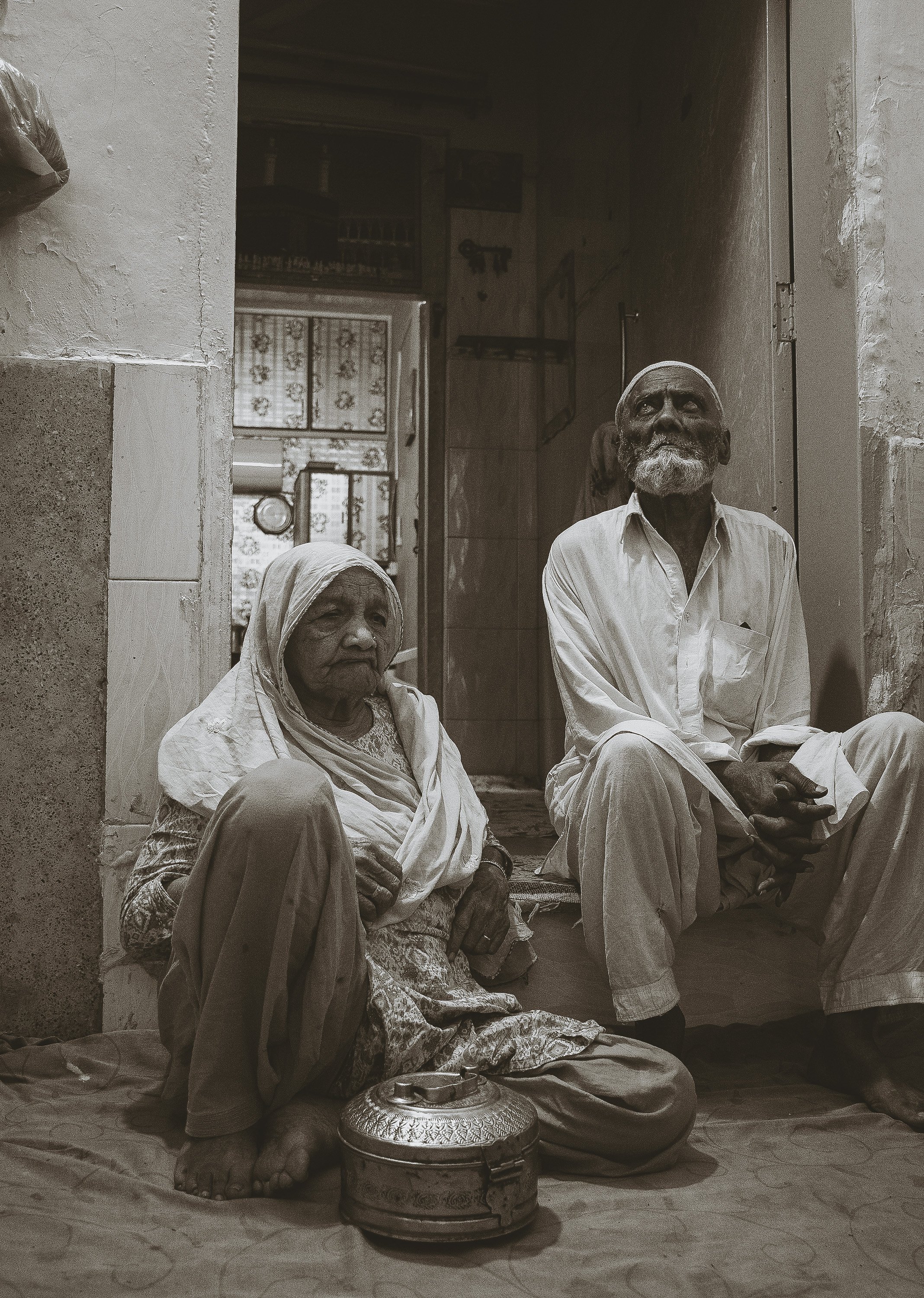
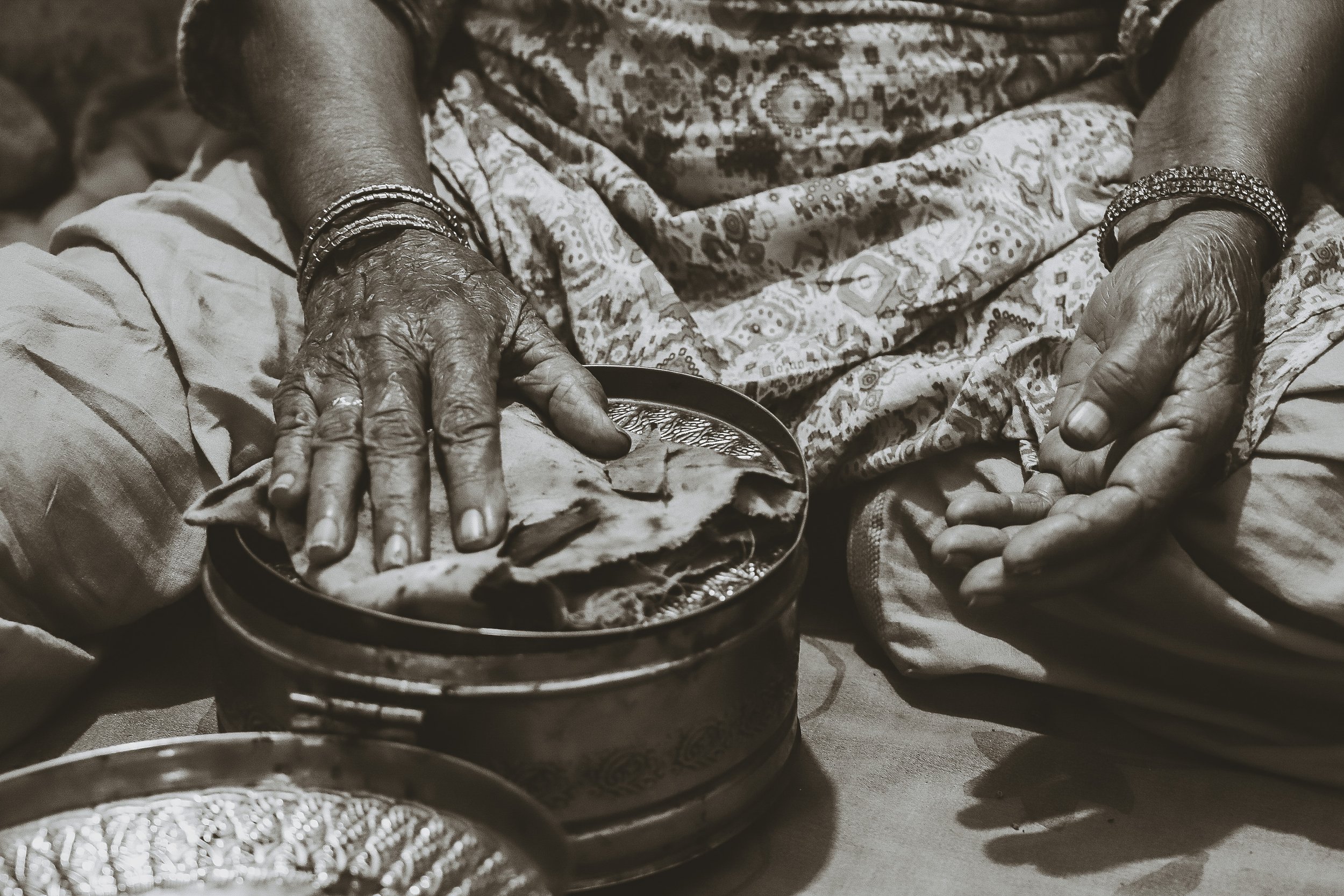
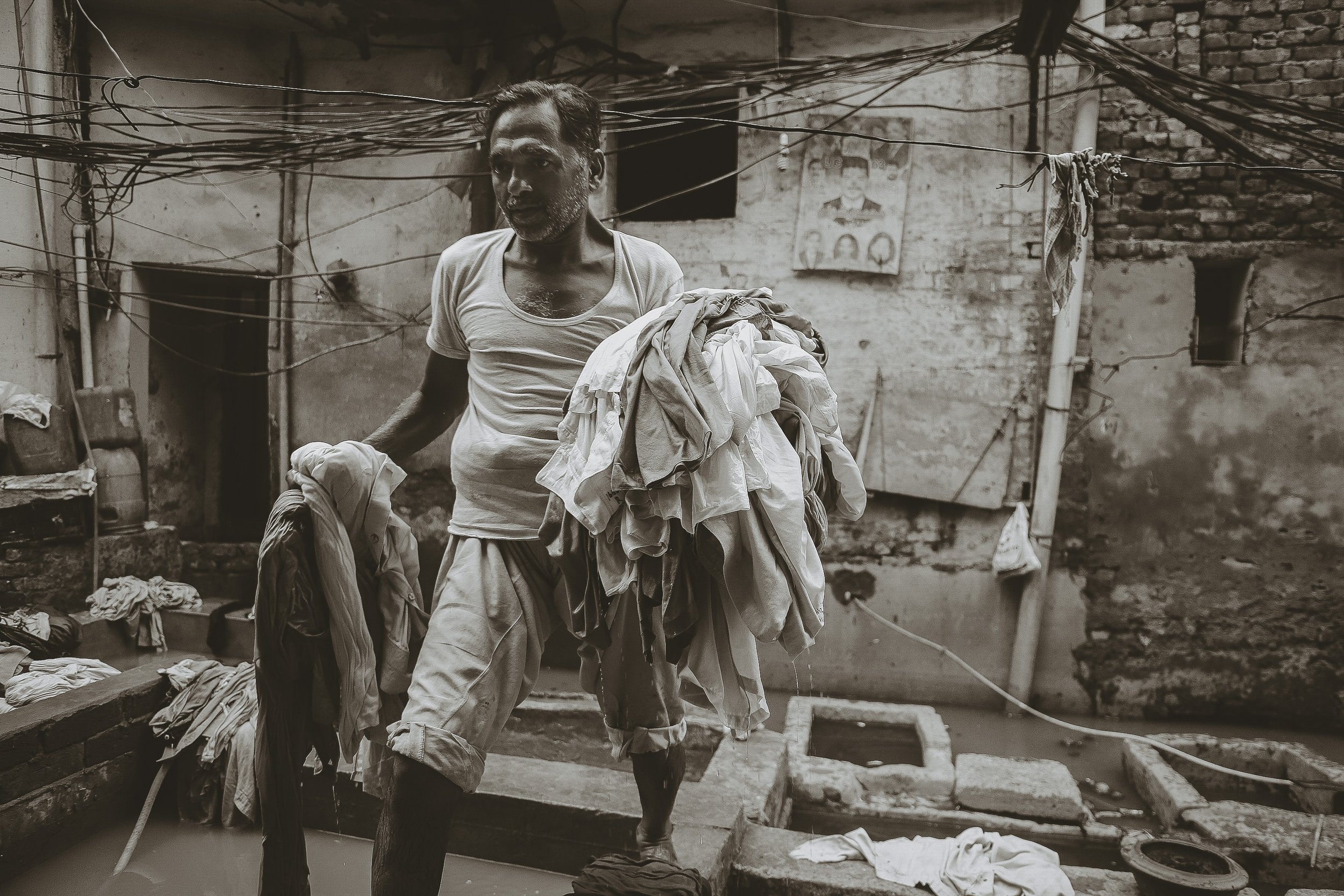
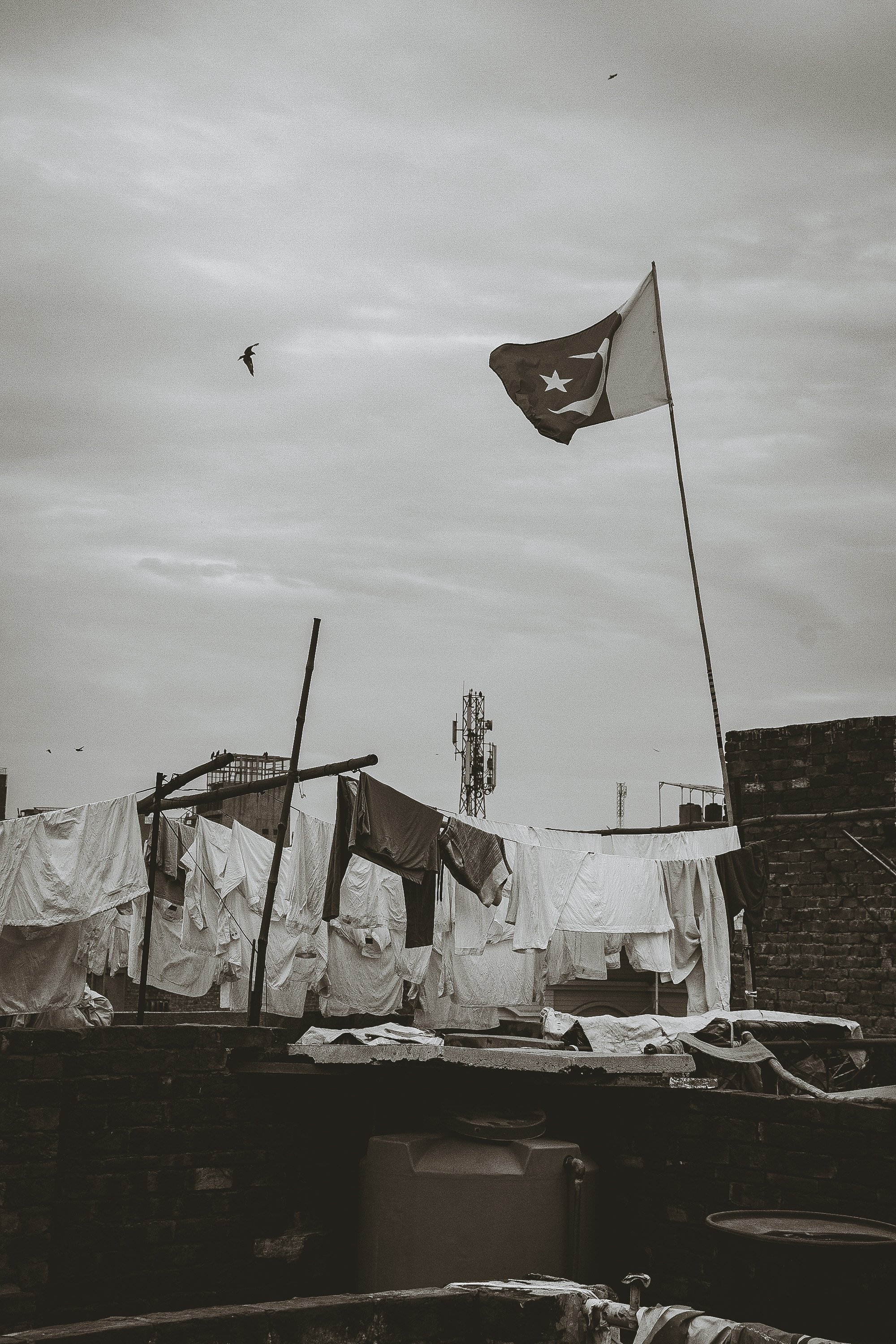
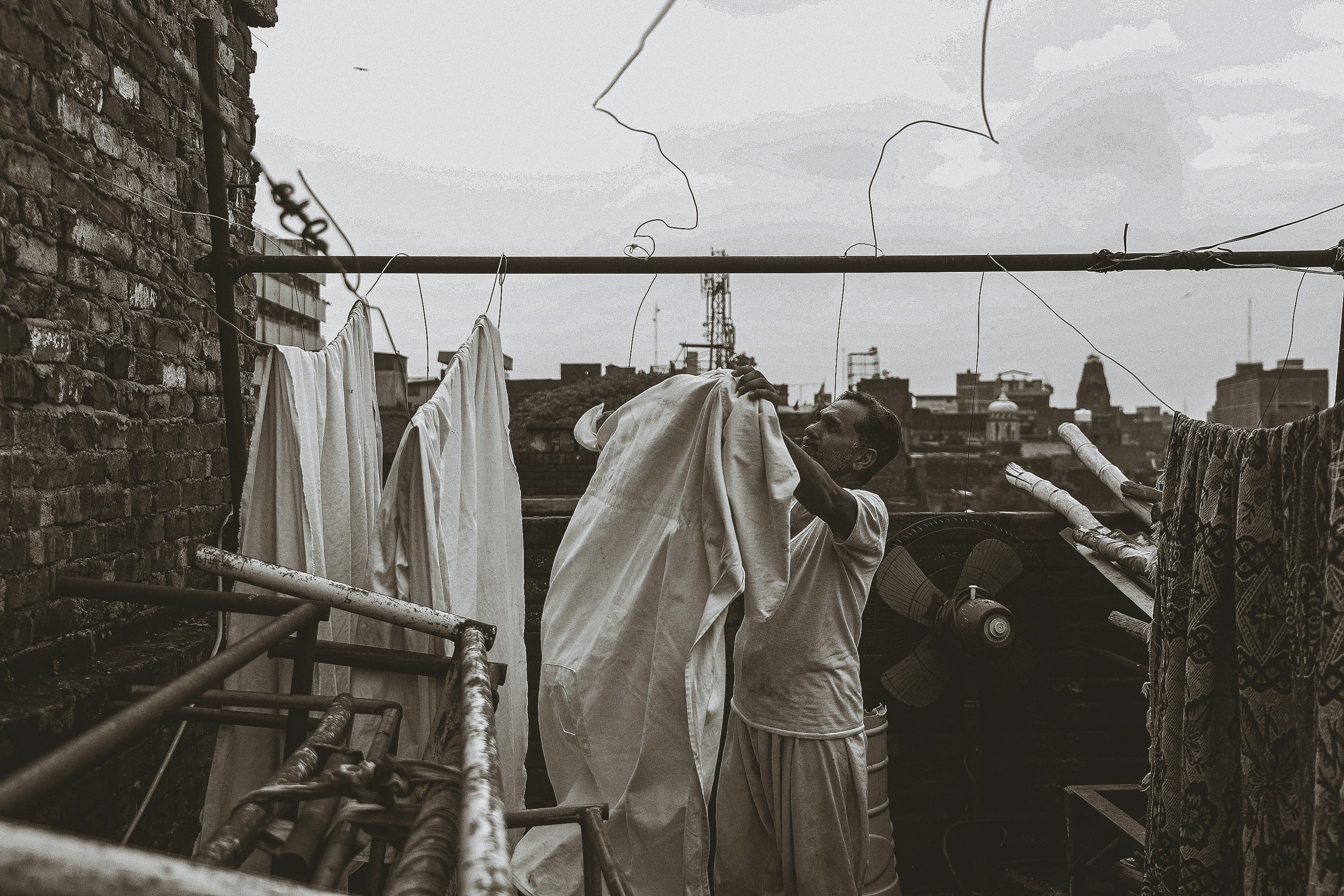
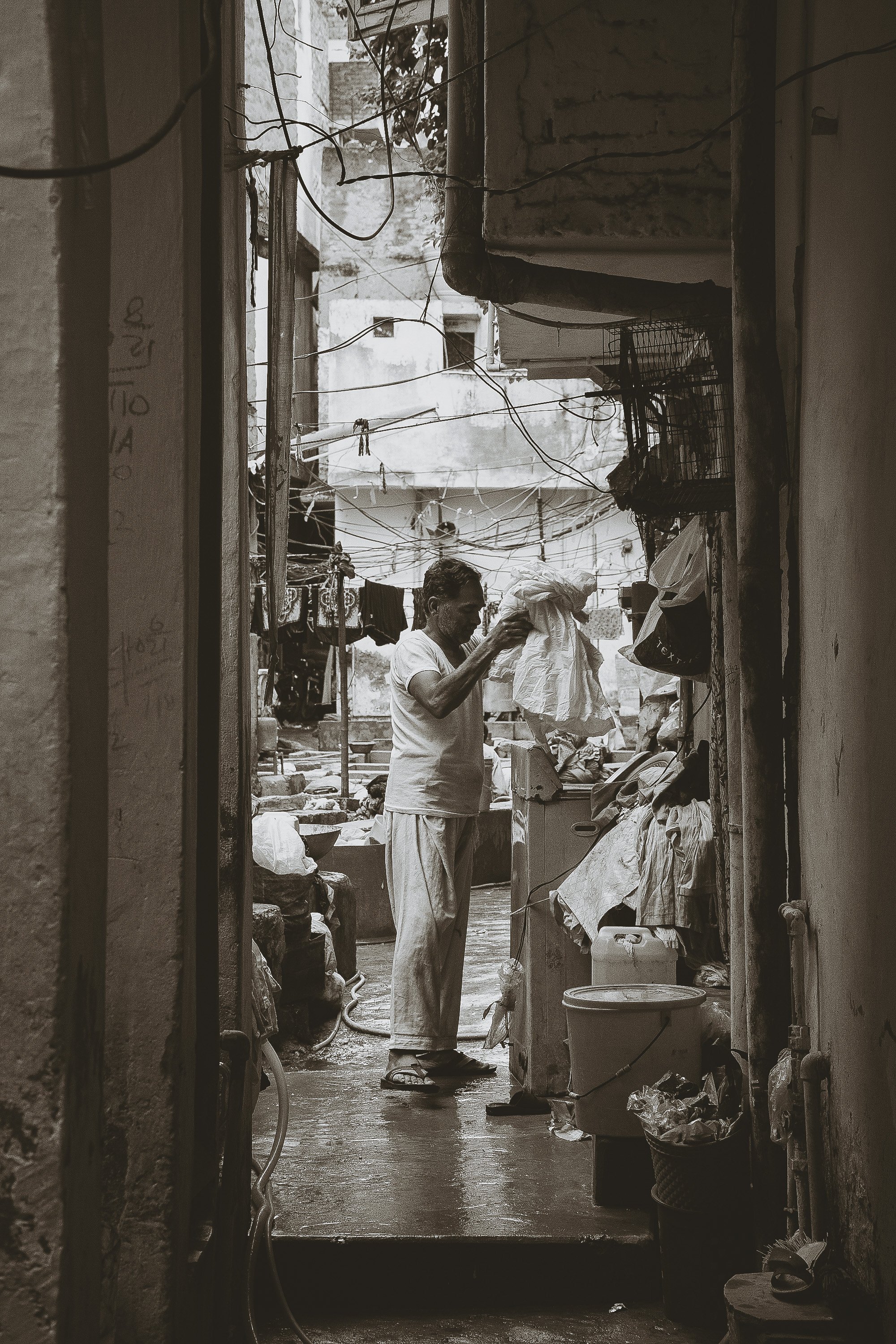
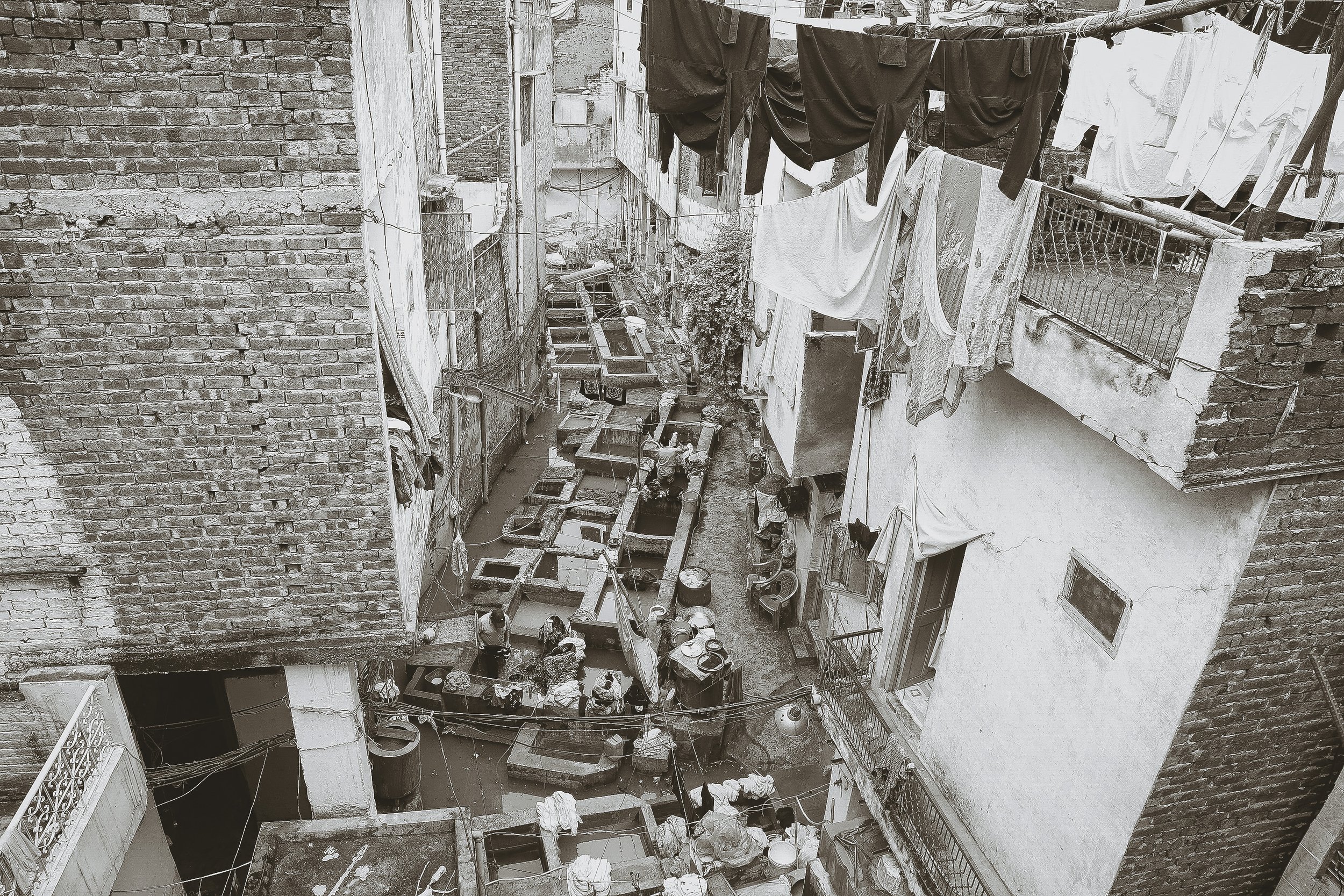
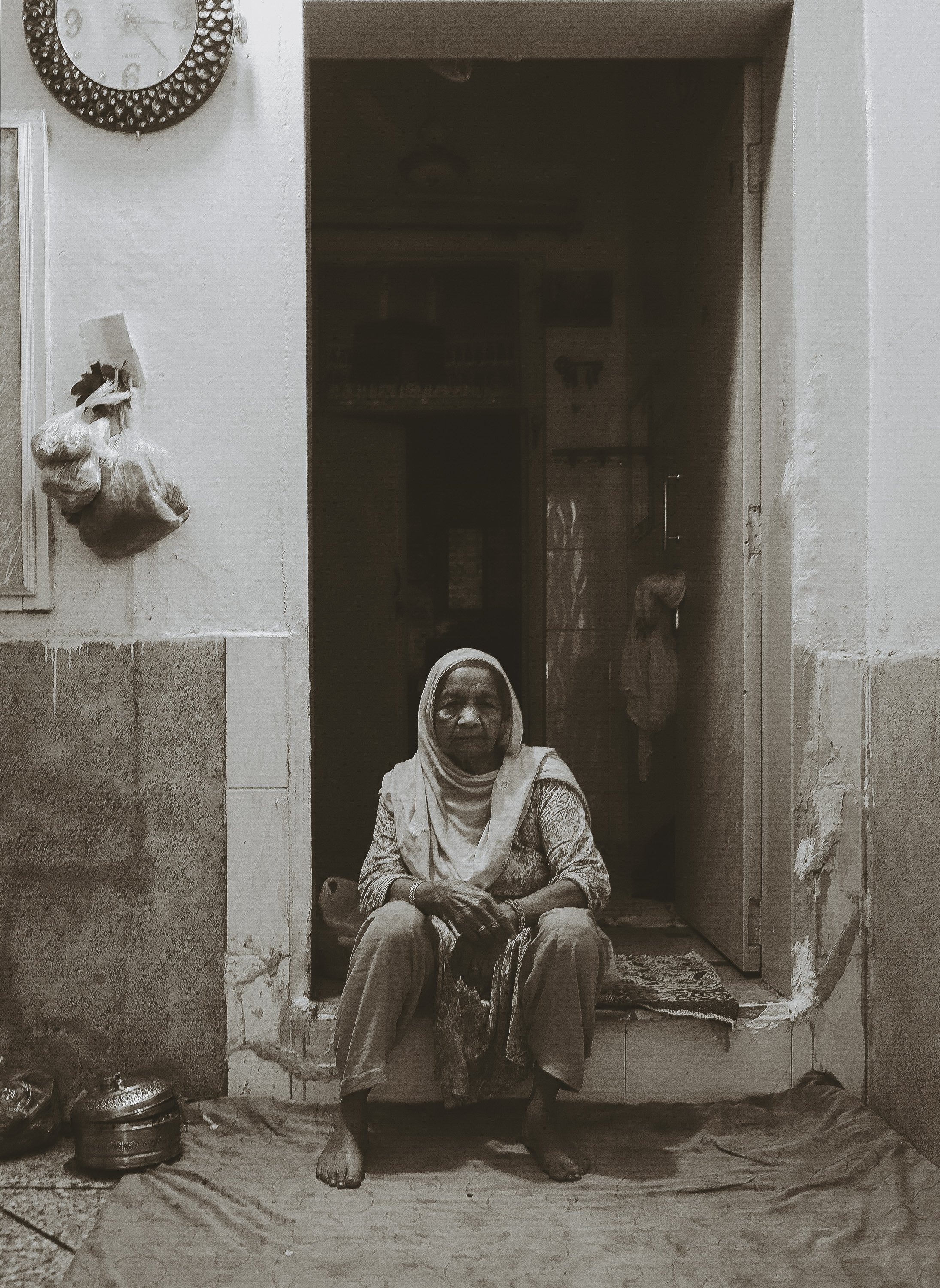
Sidra Altaf is an independent photographer and documentary filmmaker. Having done her BA (Honors) in Business Administration from University of Greenwich, Malaysia, Sidra came back to her hometown Karachi aspiring to show the world through her lens. She then joined a workshop in filmmaking with PIFF. Trained in Professional photography from Indus Valley school of Art and Architecture. She did certification in visual studies from Karachi School of Arts. She has worked with different NGO’s, University of Edinburgh, UK and Goethe-Institut Pakistan. Her work has been published in International Festivals, Times of Karachi and CutaCut. Her work revolves around different indigenous communities of Karachi.